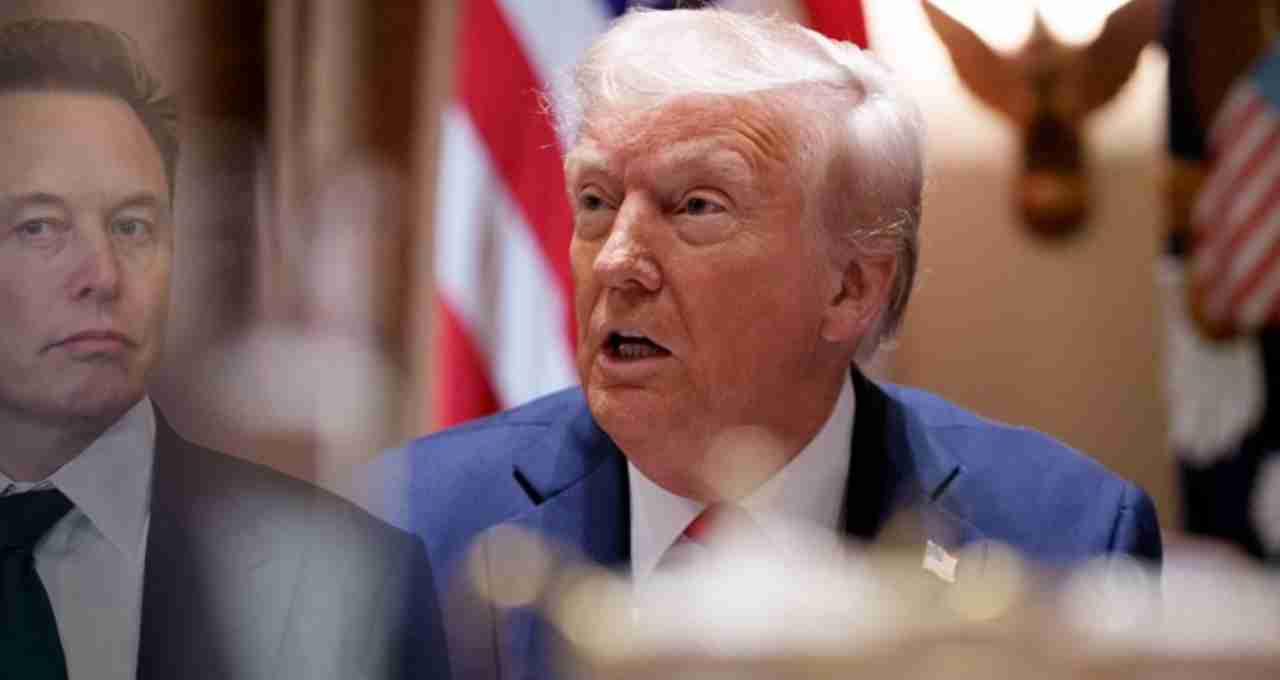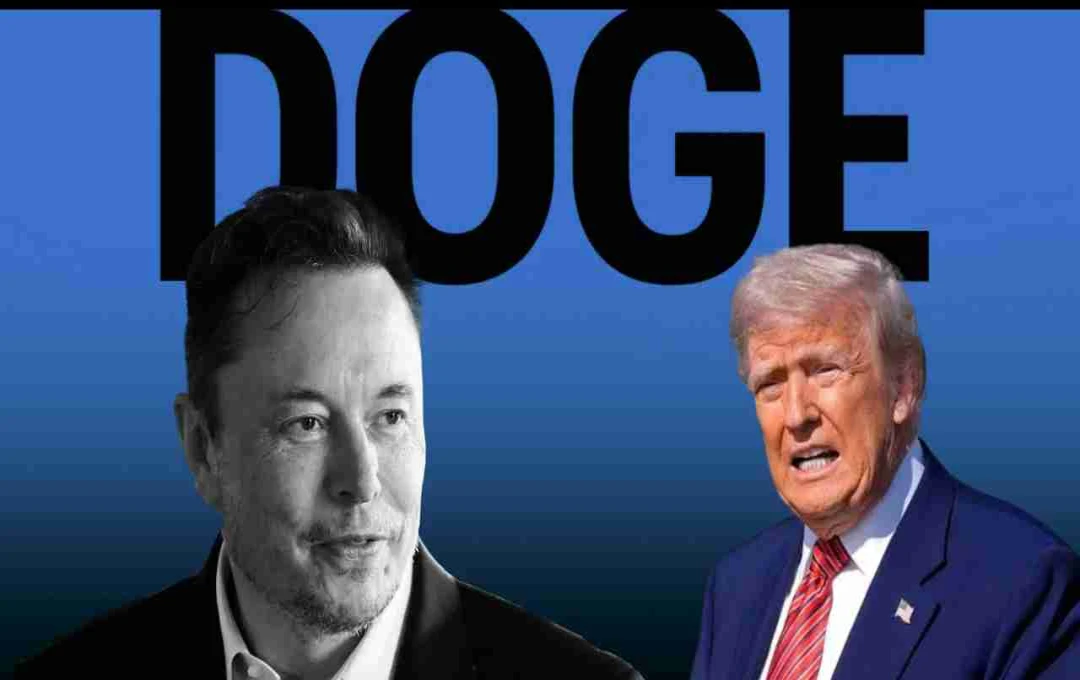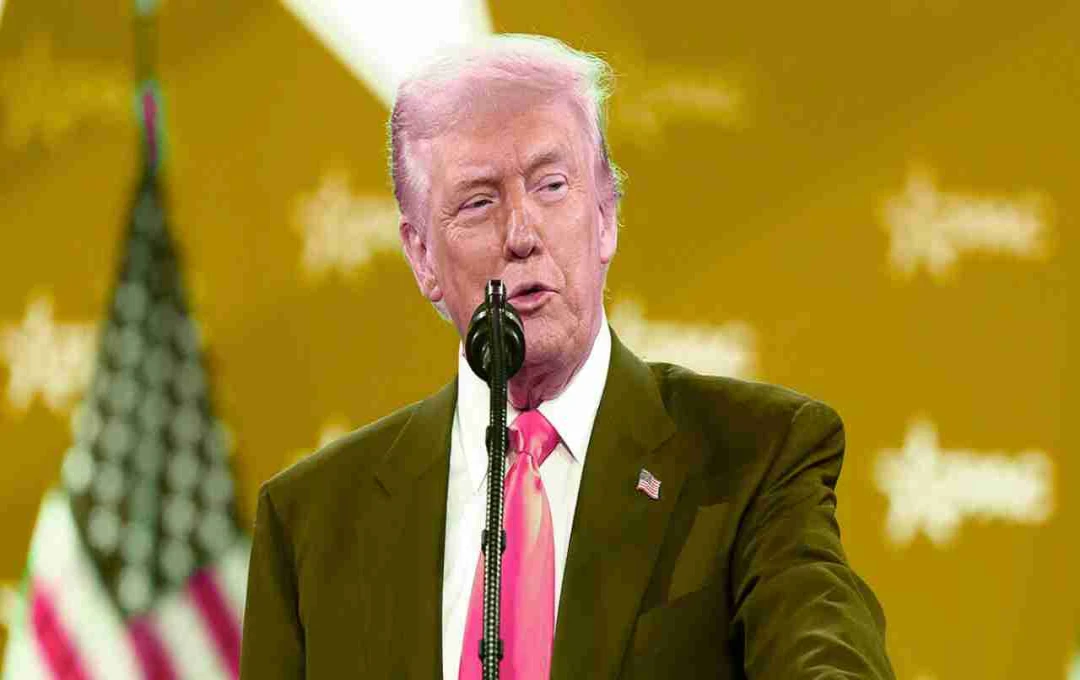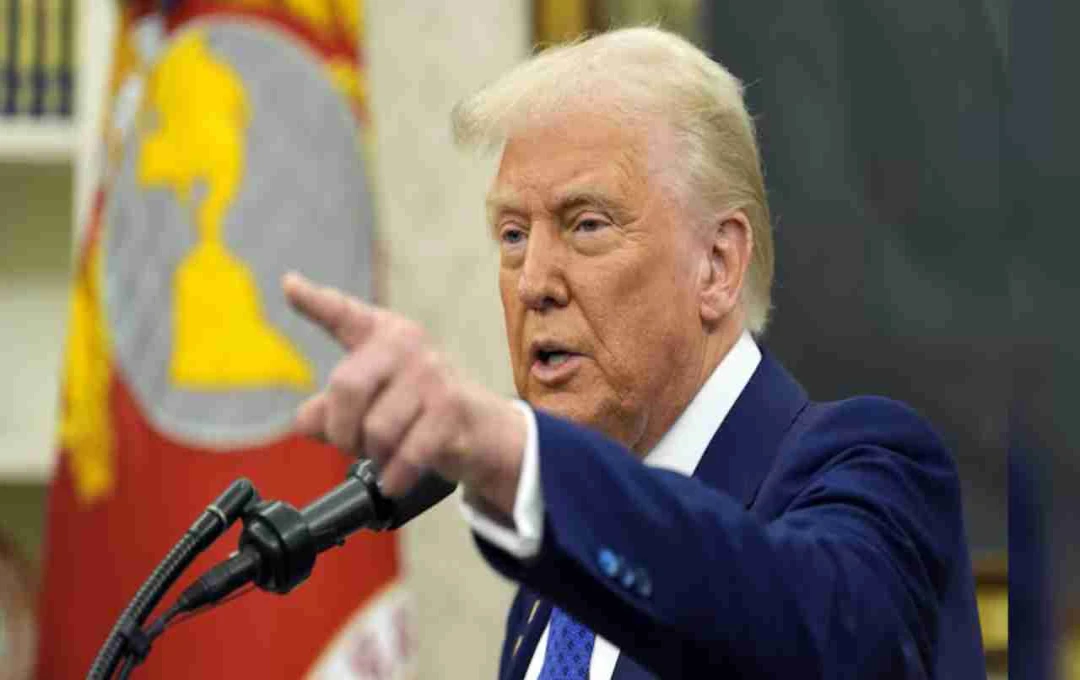Elon Musk Resigns from Trump Administration's DOGE Department, Raising Concerns about its Future Direction.
America: Following Donald Trump's inauguration on January 20th, he established the DOGE, or Department of Government Efficiency, aimed at streamlining American bureaucracy and reducing unnecessary spending. Elon Musk, considered second in power only to the President at the time, was appointed to lead this department. Musk's resignation now leaves the future of DOGE uncertain.
DOGE's Formation and Musk's Role

DOGE was created to curb government overspending and fraud. The Trump administration dubbed it "The Manhattan Project," aiming for widespread reform by 2026. Elon Musk served as its chief, with Vivek Ramaswamy as his deputy. However, Ramaswamy also resigned shortly after.
DOGE was tasked with preventing the misuse of America's $6.5 trillion in government funding and cutting $2 trillion in unnecessary expenses. However, this ambitious mission proved highly controversial.
DOGE Ensnared in Controversy
DOGE's policies impacted education, healthcare, social welfare, and environmental sectors. Widespread government job cuts led to thousands of job losses, sparking protests across numerous American cities. Teacher and healthcare worker unions in Washington D.C. and New York City took to the streets, denouncing DOGE's decisions as anti-democratic.

Musk's decisions also impacted his own company, Tesla. Tesla showrooms faced protests and vandalism, damaging Musk's public image. Movements like "Tesla Takedown" negatively affected Tesla's brand image in America and Europe.
Criticism of DOGE's Policies
DOGE's cost-cutting measures were criticized for disproportionately affecting vulnerable populations, particularly already financially struggling families. Experts warned that such decisions could exacerbate social inequality. Furthermore, the quality of government services suffered, causing significant hardship for the general public.














